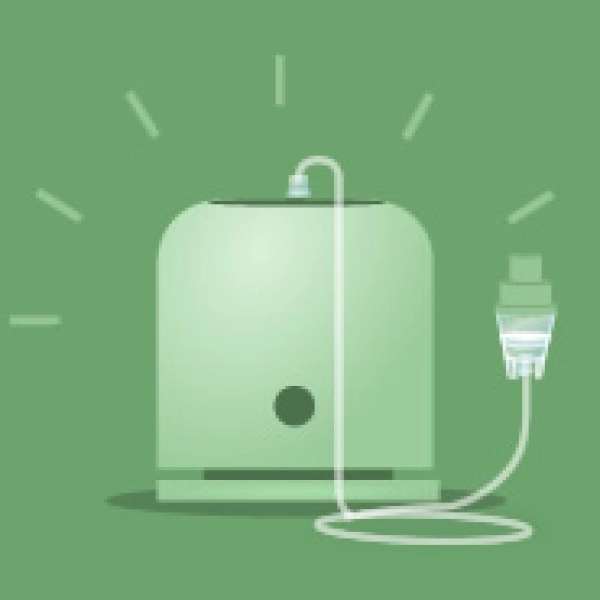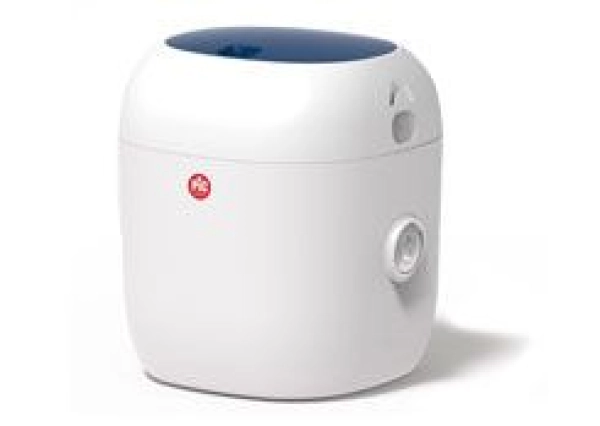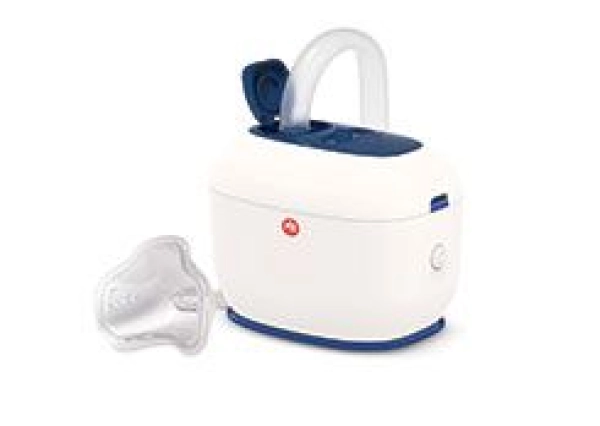

Being unable to breathe properly, as happens with asthma, can definitely have a psychological impact on the person, especially when we're talking about panic attacks, an anxious state that creates respiratory problems.
Research about respiratory conditions and the psychology involved is a subject that's only recently been tackled by medical science. The first study on the relationship between asthma and panic attacks, for example, was done in 2003 and was carried out by an American research group led by the Mailman School of Public Healthwith John Hopkins University. The research seemed to show that there could be a clear connection between the presence of asthma and an increase in the incidence of panic attacks. And that's not all: in cases of the allergic form of asthma, panic attacks and breathing crises are supposedly even more intense and persistent.
The relationship between asthma and panic attacks seems to have been confirmed by statistics, but it still isn't possible to establish a definite causal relationship between the two disorders. The first scientists to study the association between these respiratory conditions and behavioural disorders demonstrated that even if the inflammation symptoms common to asthma don't occur, which can provoke strong respiratory crises, this doesn't reduce the incidence of panic attacks. If this discovery were to be confirmed, say the researchers, one could assume that asthma and panic attacks are not linked by physical factors, but instead by a loss of metabolic function.
From a psychological point of view, however, things are different. Emotional stress and an ensuing panic attack can be a trigger for an asthma attack, essentially because extreme displays of laughter, crying, anger or fear can cause hyperventilation and immediate restriction of the airways. And it's not the case that you can intervene during a panic attack to induce the person to breathe in a different way.






